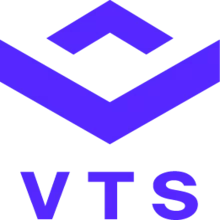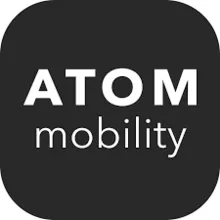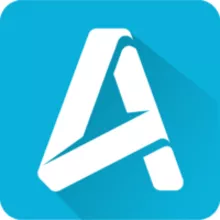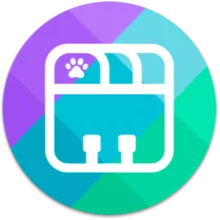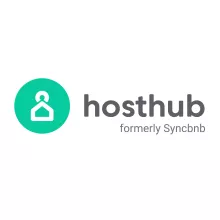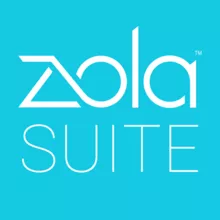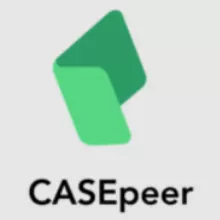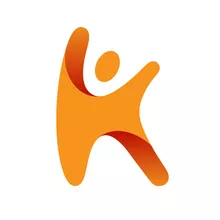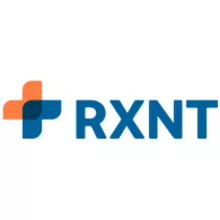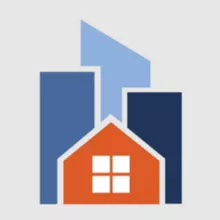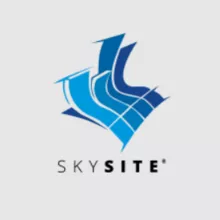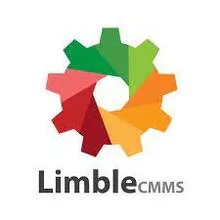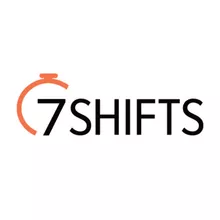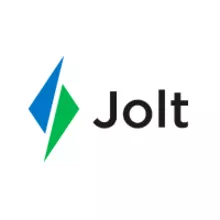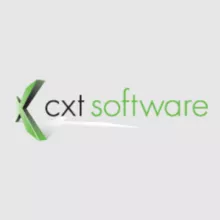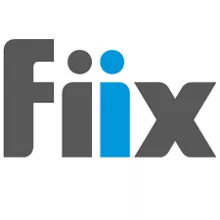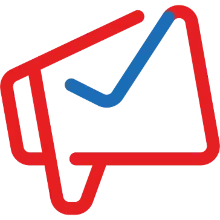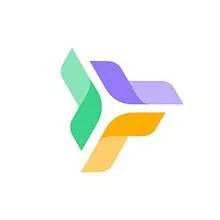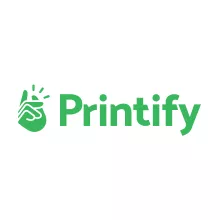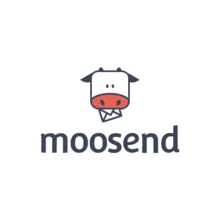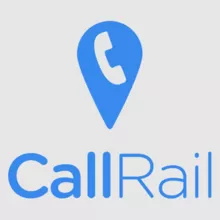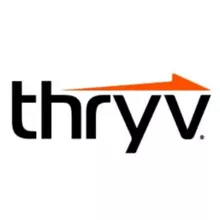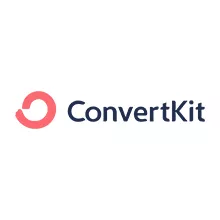Property Management software for portfolios or single properties
Small- to medium-sized firms utilize retail software to handle inventory, run payroll, calculate taxes, and set prices. Retail establishments, warehouses, and point of sales (POS) stores are among some of its users.
Retail Software Types
Retail software comes in two primary categories. Applications that are downloaded or installed locally are often made on a personal computer (PC). There is frequently an initial licensing charge and the option to add support or maintenance. Software as a service (SaaS) programmes, in contrast, are distributed online and charged either per-user or by subscription. Retail SaaS software is accessed by users using a web browser and is hosted on a vendor's web server. Retail Software is designed for Retail point of sale (POS), retail inventory management, retail customer relationship management (CRM), and retail accounting solutions. For specialty merchants and retail businesses, POS retail software offers single- or multi-location capabilities.
Features of Retail Software Types
Data mining and order management are features that are offered. The supply chain of a retailer is managed using software for retail inventory management. Retail CRM software helps businesses locate and keep customers while supporting business processes. Inventory control is combined with features like transaction tracking and promotional pricing in retail accounting software. Software for retail e-commerce is also accessible.
Uses of Retail Software Types
Applications for warehouse management, transportation management, and merchandising use some types of retail software. Systems for managing the movement and storage of raw materials, manufactured goods, and finished goods are known as retail warehouse management systems (WMS). Retail transportation management software includes applications like fleet management software, which is used to oversee, manage, locate, schedule, and maintain fleets of delivery trucks. Applications for retail merchandising integrate elements like customer and vendor administration, multiple store functionality, and even biometric security with sales processing functions. There is also specialized retail software available. Analyzing deployment strategies, software and hardware characteristics, and application needs are necessary when choosing retail software.
Many different kinds of stores employ retail software. Some retail divisions include consignment shops, gas stations and convenience stores, stores that sell electronics and appliances, apparel and fashion, auto parts, books and music, building and gardening materials, and antiques and fine art.
Benefits of Retail Software
- Efficiency in terms of time: Automating time-consuming and laborious tasks is possible with retail software.
- Increased Reach: No geographic restrictions apply when using a retail software. With just a few changes to the payment system, anyone may operate a retail business from anywhere in the world.
- Speed & Accuracy: To automate and optimize end-to-end retail operations, retail software uses ML, AI, big data, and analytics.
- Real-time visibility: With retail software, business managers may manage their warehouse and shop floor from any location. Retailers can quickly detect out-of-stock items and place new orders for them with real-time visibility into inventory levels.
- Enhanced Customer Experience: Retail software automates all manual procedures, freeing your time to interact with consumers more effectively.



